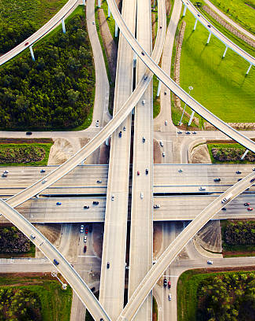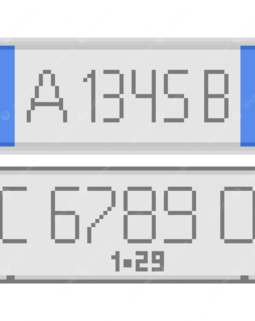Senegal and Meridiam, a French company, specializing in infrastructure investment and construction, said they had entered a deal on Monday to purchase and administer electric buses in Dakar. The effort attempts to alleviate traffic jams in this West African city.
The BRT (rapid bus transfer) project, which is currently under construction, intends to continue providing electric buses to Dakar starting in 2023, operating on dedicated lanes between the city center and suburbs above an even more than 18 kilometers. With this extension, traffic flow is decelerated due to traffic jams. As per Senegalese officials, the expenditure for electric buses is 193.6 million euros (127 billion FCFA). The BRT project's total cost, over 300 billion FCFA (€450 million), is being funded by sponsors such as the World Bank.
Senegal agreed to a contract with Meridiam and a partnership agreement consisting of the French companies RATP and SNCF, the French mobility contractor Fonsi's, and Kéolis, a Senegalese equity fund, according to a statement released on Monday by the Executive Council for Urban Transport in Dakar (Cetud), an organization affiliated with the Senegalese Transport Ministry.
The privatization agreement contains "the maintenance, acquisition, and operation of BRT systems and rolling" for 15 years. In a second public statement, Meridiam confirmed "the deployment of a network of 100 percent electric buses, with batteries, along with an introductory inventory of 121 buses." "This is a major project in support of energy transition that makes a significant contribution tailored to the climate challenge and serves as a viable alternative to the conventional diesel transport system," the statement stated.
The construction of depots and workshops is also included in the BRT project. In addition, the development or rehabilitation of more than 80 kilometers of pavements and roads along the axes served, comprising junctions, bus stations, and platforms. It is a supplement to the regional express train (TER), which runs between Dakar and its environs and whose initial segment opened in December.
The two transportation systems, TER and BRT, which are connected by feeder lines, seek to reduce traffic congestion in Dakar, which is home to 0.3 percent of Senegal's 17 million people and hosts nearly all of the country's social and economical operations. According to official figures, traffic congestion costs the state 152 million euros every year.





